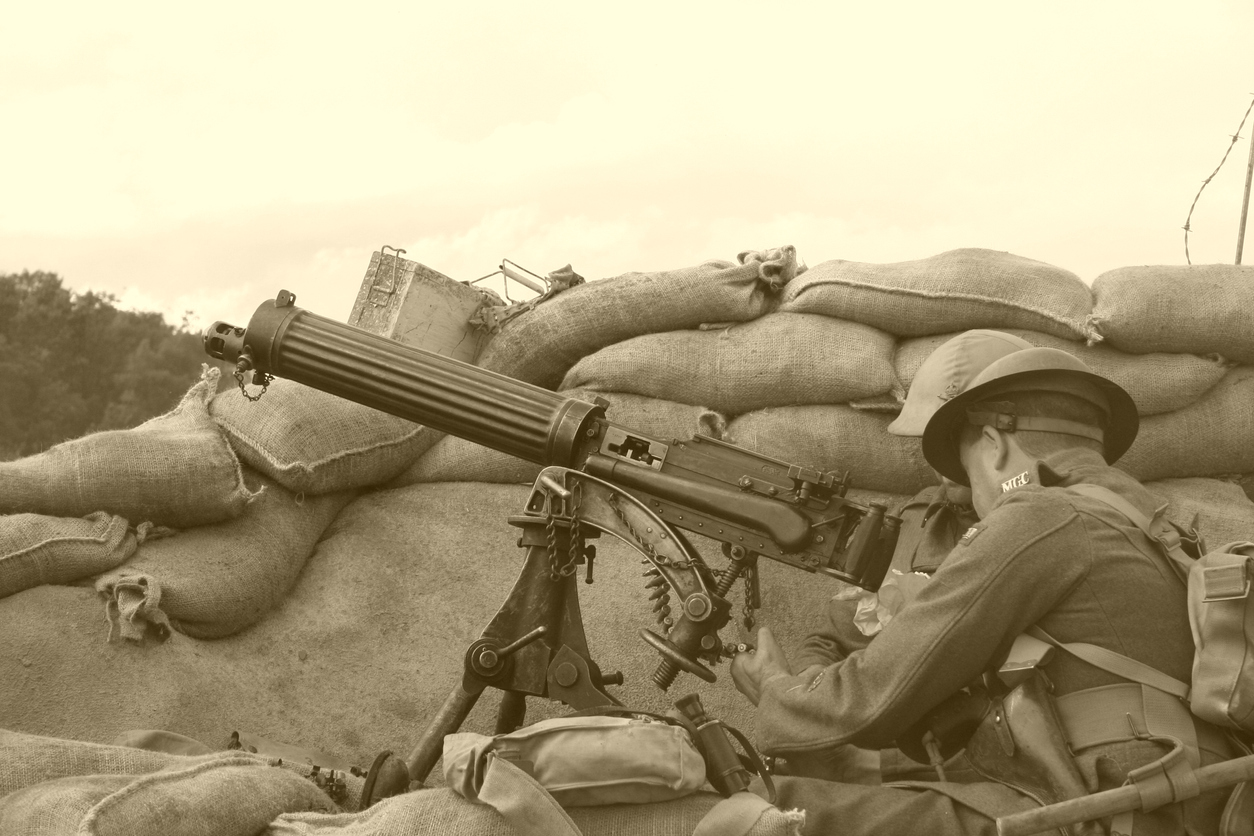The German Empire invaded Belgium and France on this day in history and began WW1. The war was to end in 1918.
August 3 is a historic day because it marks the start of World War I. On August 3, 1914, Germany invaded Belgium and France, prompting Britain to declare war on Germany. Then Britain invaded Germany to stop them but was not able. Germany then invaded France for the second time and quickly advanced. In 1917, Germany and Austria-Hungary began to break apart. The Hapsburg Empire lost the war.
On August 3, Germany invaded Belgium because, in 1914, the Germans had a plan to get rid of their enemies. It was called the Schlieffen Plan, but this did not work well because of a new invention called tanks, which slowed down German troops giving more time for the British forces to get there.
Here is more information about August 3, 1914- Germany invades Belgium and declares war on France, kickstarting WW1
More Facts
- The First World War, or the Great War, started on this day, in 1914, when Germany invaded France through neutral Belgium.
- The German leader at this time was Kaiser Wilhelm II.
- The French leader was Marshal Joseph Joffre, who repeatedly warned Germany against violating Belgian neutrality but was ignored by Kaiser Wilhelm II.
- On August 2, 1914, the armed forces of the German Empire crossed the Belgian frontier and attacked France by violating that country's neutrality.
- Some of Belgium was occupied, and King Albert I went into exile. On the same day, Britain declared war on Germany and mobilized its Army.
- Early in the morning on August 4, Britain's ultimatum to Germany expired, and two hours later, Britain declared war on Germany.
- On August 6, two German army corps advanced into neutral Luxembourg and occupied the Grand Duchy.
- On the same day, German troops also entered the neutral Netherlands.
- By 1914, the Germans had overrun most of Belgium and northern France.
- On August 22, Belgian resistance ended with the surrender of King Albert I in Brussels.

